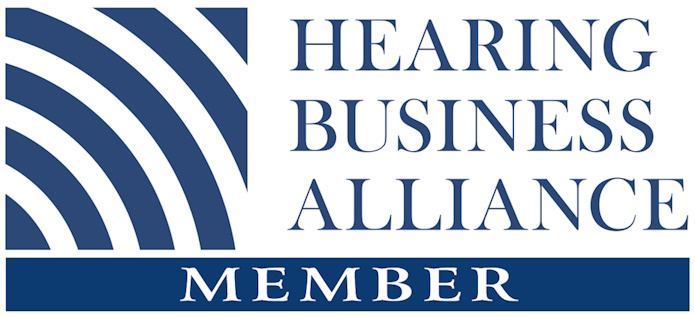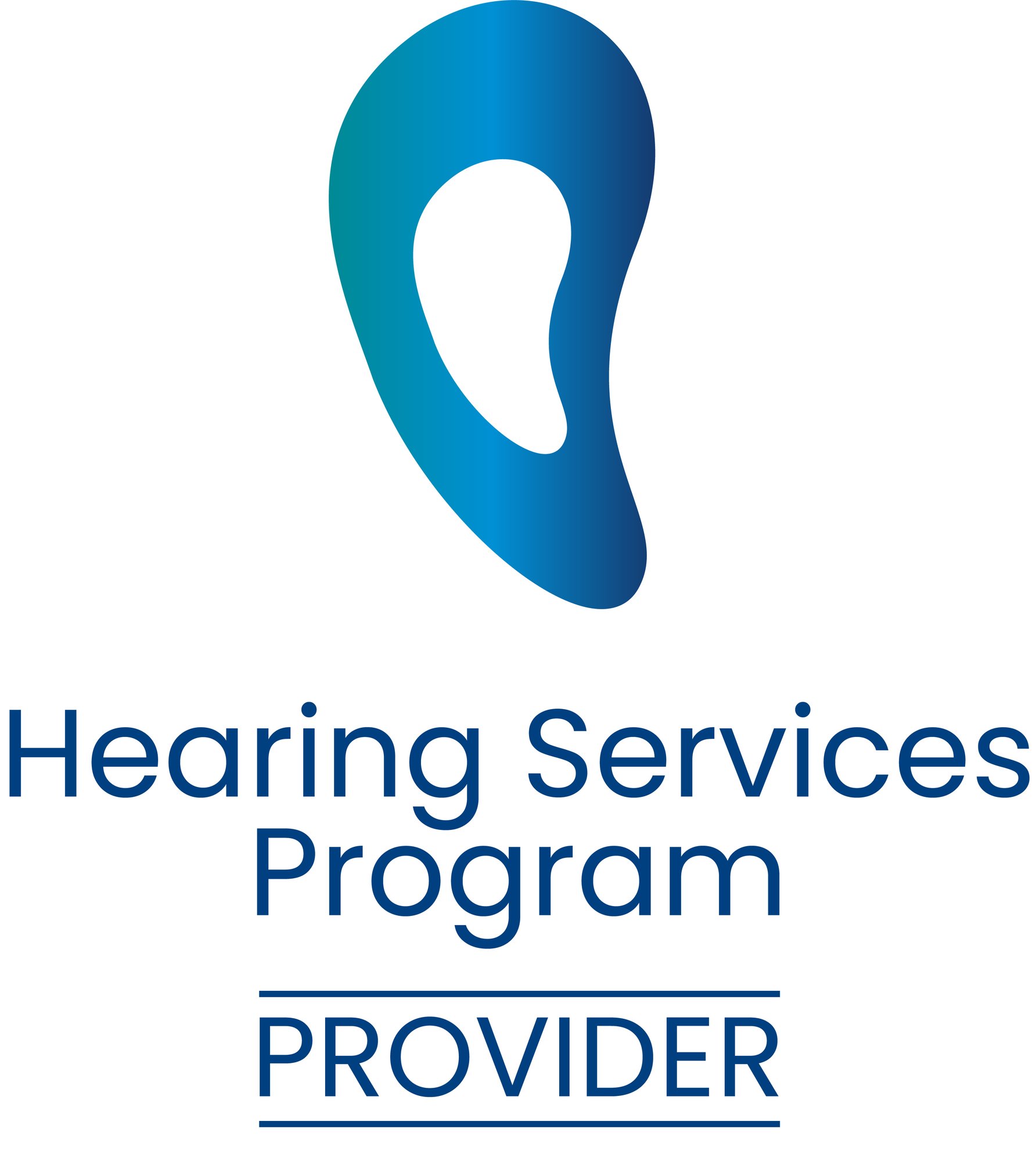Audiologists have studied from an undergraduate degree to completing a Master's Degree, including a clinical intern period, to meet the requirement for registration in Australia. (Overseas qualified audiologists have been assessed and found to have equivalent qualifications and skills to be registered in Australia). They also undergo training and ongoing professional development each year to keep up to date with current research, practice, technology and services.
Audiologists can perform diagnostic tests, including advanced tests using electrophysiological methods. Audiologists perform various assessments, including hearing and auditory function, vestibular (balance) function, tinnitus, auditory processing function and neural function.
Audiologists can provide counselling and aural (re)habilitation, which encompasses the prescription and fitting of hearing aids and other assistive devices (hearing aids, FM and other remote sensing systems, bone conduction aids and hearing assistive technology, e.g. TV listening devices).
Further services that audiologists can provide include:
- Wax removal and management
- Hearing protection (custom musician/noise/swimming/sleep plugs)
- Tinnitus rehabilitation
- Communication training
- Vestibular (balance) rehabilitation
Audiologists also have knowledge of implantable devices (e.g. cochlear implants, middle ear implantable hearing aids, bone anchored hearing aids) and collaborate with other hearing and health professionals in their application.
Using case history, an audiogram, an assessment of middle ear function and an assessment of speech discrimination, the audiologist can start to explain the types of communication issues you experience and explain the long and short-term impacts on communication, quality of life and daily functioning. Developing a customised aural (re)habilitation program is an important collaborative step to improving communication and building your skills and ability when it requires listening.
While a hearing assessment is the beginning of your interactions with an audiologist and will be a regular part of your ongoing care, your audiologist is skilled in many other areas to support your hearing and communication needs. The aural (re)habilitation program will include education about hearing loss and explaining your specific presentation and the challenges you experience. Often family members (such as significant others) make observations about your communication that, as an individual, you may not be aware of. The audiologist can help clarify these observations into real evidence-based results.
Then there are interventions such as hearing aids that reduce the impact of the communication loss and move your communication ability closer to a person with no hearing/communication loss. The fitting of hearing aids is based on research-developed standards and the Clinical Practise Standards of the professional bodies in Australia (and many other countries). This baseline is then used to create a hearing device that can be used in your identified listening situations, such as at church with a hearing loop, at a musical performance, and at a restaurant with family. Sometimes to meet your needs, assistive devices and accessories will be indicated. This could be a TV streaming device, an app to control your aids on your smartphone or a vibrating smoke alarm, to name a few.
Technology and devices have made enormous progress from the old hearing trumpet to the sophisticated digital devices of today; however, devices/accessories/implants are not the same as a normal, fully functioning hearing system. Another component of aural (re)habilitation is the audiologist's time building up your communications skills and strategies. Where you sit, what you say and how you communicate your needs to other people can significantly impact your understanding and the ease with which you do it. Understanding the environment and setting yourself up for a successful and positive communication experience takes planning, skill and training. For some clients, this is a small and simple task. Still, for others, the education and training provided by the audiologist can significantly impact their participation and enjoyment in life.
Your audiologist is also the person who is best qualified to help you look at supports in communication, which can vary from understanding how to use a hearing loop, to using an app to create captioned speech when meeting a difficult-to-hear person( such as a health practitioner with soft accented speech and using a mask.) We can also monitor your hearing and adjust to aids, education and supports that will maintain your communication skills and the ability for the duration of your life. At ValueHearing, we do not do Vestibular (balance) assessments or implant technologies. Still, we are connected to other qualified audiologists who can provide that service and will appropriately refer clients to ensure that proactive, holistic health care is provided.
Additionally, many people with hearing loss experience frustration, sadness and grief at the loss of their hearing. This can be difficult to manage, along with the changes that technology uses to communicate brings. Audiologists are also qualified and trained to help provide emotional support, help set realistic expectations and build a plan to reduce the impact on a client's perception of self and quality of life. Some people may also experience tinnitus and increased sensitivity to sound. Audiologists are trained in managing these presentations and can offer options to manage and reduce the impact on clients' quality of life.
Hearing loss has a significant impact on people's quality of life and daily functioning, so another area of skill that audiologists have is hearing conservation. We can help make noise-reducing plugs for work and music, as well as offer advice on using personal listening devices like headphones/earbuds. We can direct you to evidence-based research that documents the safe level of noise exposure and how to manage noise but not live in a silent world.
At Value Hearing, we take pride in helping people on their hearing journey, giving them education, support and evidence-based interventions to maintain communication and enjoyment of the hearing.
Louise Colclough
Senior Audiologist - Chatswood

